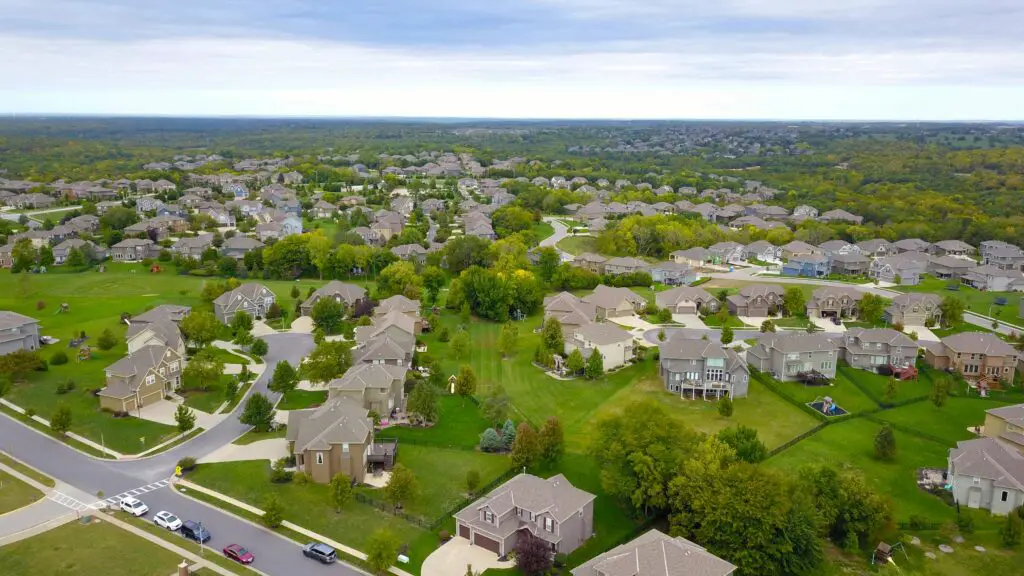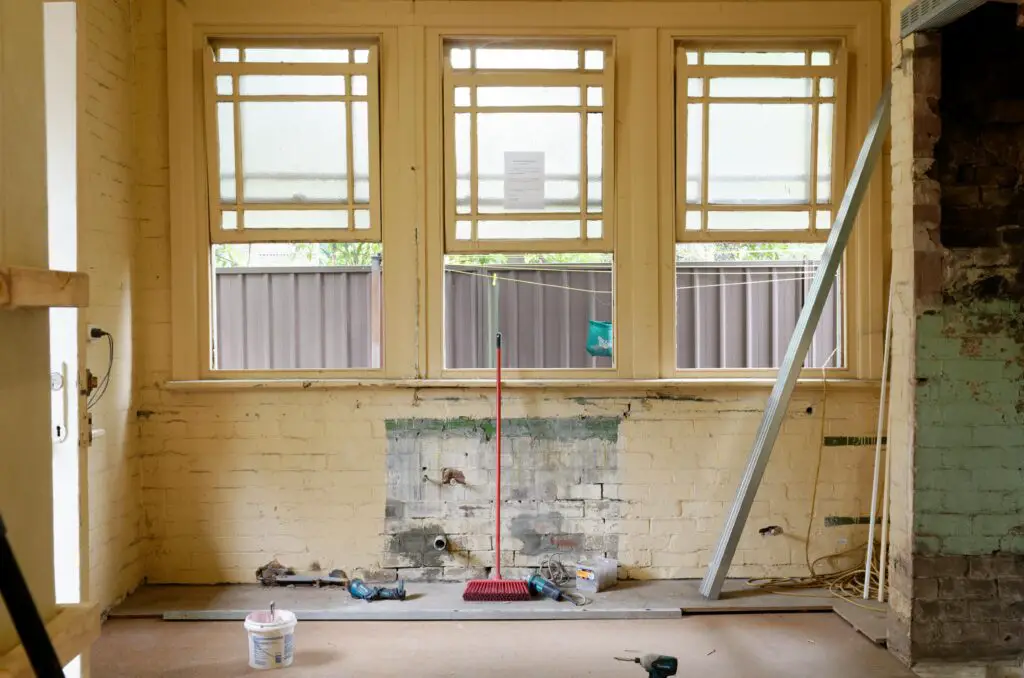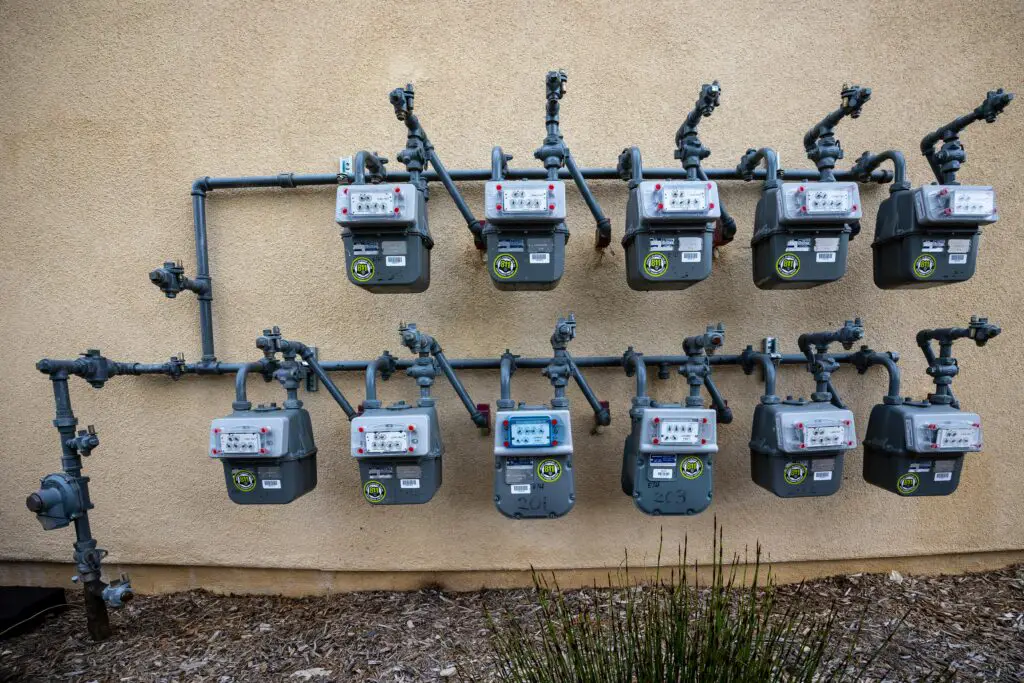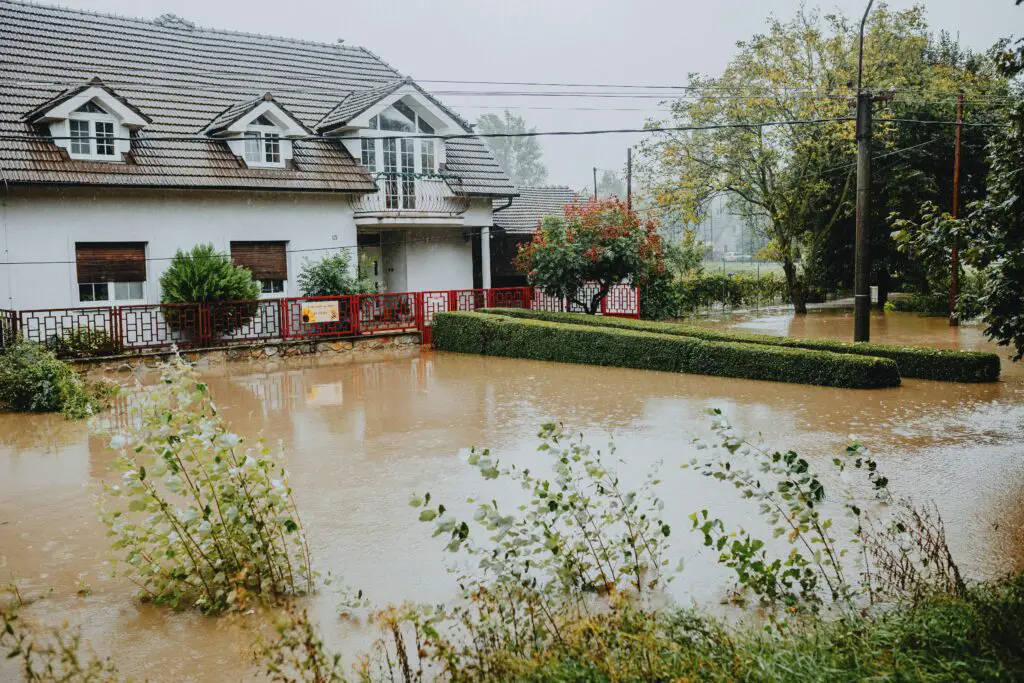1. Downsizing Too Soon

Many retirees regret downsizing before fully understanding their lifestyle needs. Smaller homes often lack the space for hobbies, hosting family, or storing sentimental items. Waiting until you’re sure of your long-term plans can save a lot of heartache.
2. Buying in the Wrong Location

Choosing a retirement home in a picturesque but remote area can backfire. Lack of nearby healthcare, social opportunities, and transportation are common complaints. Researching the area thoroughly ensures it aligns with your retirement lifestyle.
3. Neglecting Future Maintenance Costs

Underestimating maintenance costs is a frequent mistake among retirees. Aging homes often come with hefty repair bills for roofs, HVAC systems, or plumbing. Setting aside a maintenance fund can help avoid financial stress later.
4. Opting for a Fixer-Upper

While a fixer-upper may seem like a fun project, it often becomes overwhelming. Retirees frequently underestimate the time, money, and energy required. Move-in-ready homes are a safer bet for enjoying retirement without added stress.
5. Choosing a 55+ Community Without Research

Not all retirement communities are created equal. Some retirees find themselves unhappy with restrictive rules or lack of amenities. Visiting multiple times and talking to residents can prevent unpleasant surprises.
6. Overestimating the Value of Home Equity

Counting on a home’s equity as a financial cushion can lead to disappointment. Market fluctuations and selling costs may leave retirees with less than expected. Diversifying investments beyond real estate is a wiser strategy.
7. Ignoring Accessibility Features

Retirees often overlook the need for future-proofing their homes. Stairs, narrow hallways, and high cabinets can become obstacles with age. Investing in accessible design elements ensures comfort and safety long-term.
8. Moving Away From Family and Friends

Relocating far from loved ones can lead to feelings of isolation. Many retirees regret moving to a dream location only to miss important life events. Staying within reasonable distance of family can enhance your quality of life.
9. Overpaying for Luxury Features

Spending a premium on high-end finishes or custom features may not pay off. Many retirees regret investing in luxury items that don’t enhance their daily lives. Prioritizing practical upgrades often brings more satisfaction.
10. Underestimating Utility Costs

Large, inefficient homes can lead to skyrocketing energy bills. Retirees often regret not considering energy efficiency when buying. Choosing a home with modern insulation and appliances can ease the financial burden.
11. Falling for the “Vacation Mode” Trap

Buying a retirement home in a vacation hotspot can be a mistake. Seasonal crowds and off-season loneliness are common issues. A balanced location with year-round appeal often proves more enjoyable.
12. Selling the Family Home Too Quickly

Letting go of a family home without careful thought is a major regret for many retirees. Emotional attachment and financial considerations often outweigh the perceived hassle of upkeep. Renting it out instead of selling can provide income and flexibility.
13. Not Factoring in Climate Risks

Relocating to areas prone to hurricanes, wildfires, or flooding can be disastrous. Retirees frequently regret not accounting for rising insurance costs and climate risks. Choosing a safer region ensures peace of mind and long-term stability.
14. Misjudging the Local Tax Burden

Failing to research property, income, and sales taxes in a new area can lead to regrets. Some retirees are shocked by the hidden costs of living in “tax-friendly” states. Consulting a financial advisor helps avoid surprises.
15. Skipping the Resale Value Check

Buying a home without considering its resale value can lead to future challenges. Retirees often regret purchasing properties that are hard to sell or lose value. Thinking ahead about market trends ensures your investment remains secure.
